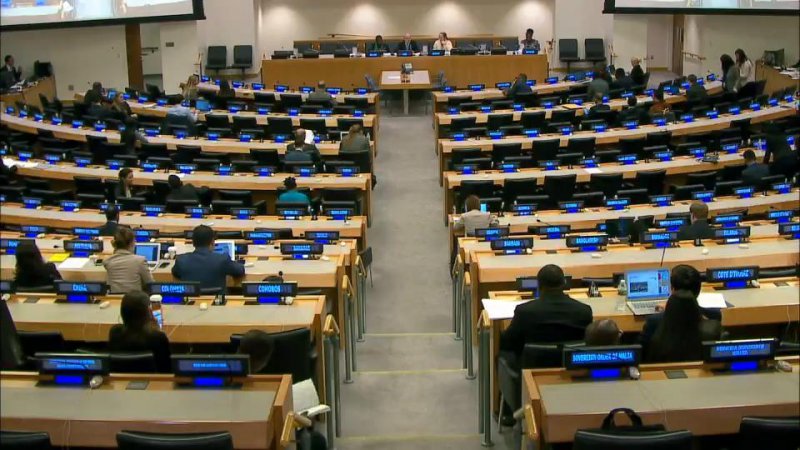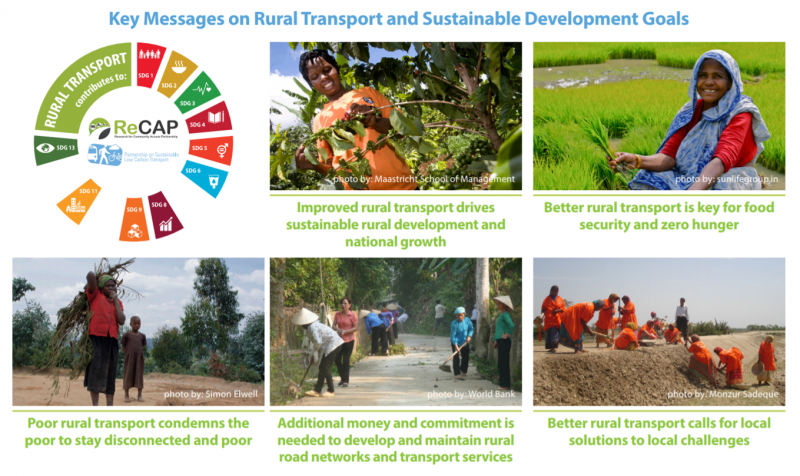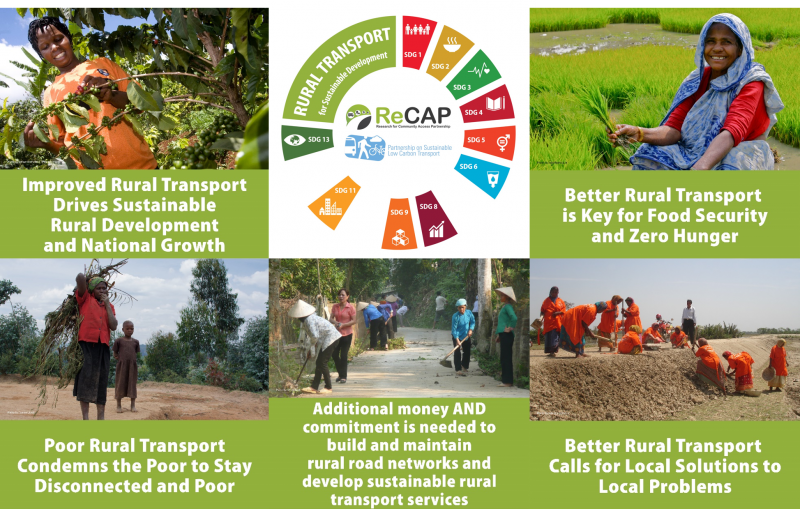HLPF 2018 Blog: "Urban Mobility at a Crossroads" by Secretary-General of the International Association of Public Transport
Mohamed Mezghani, Secretary-General of the International Association of Public Transport (UITP) has released a blog to the High Level Political Forum (HLPF) 2018 to show that the active collaboration of both the private sector and civil society, including the public transport sector, alongside governments and administration, needs to be encouraged to create more resilient and sustainable societies through the Sustainable Develo
Better Rural Transport Calls for Local Solutions to Local Challenges
This blog post was originally released by the Research for Community Access Partnership (ReCAP) in here.
2017 High Level Political Forum: Limited Focus on the Contribution of Transport toward Realizing the SDGs
Sustainable transport services and infrastructure are essential to achieving most, if not all, the Sustainable Development Goals (SDGs). Although sustainable transport is not represented by a standalone SDG in the 2030 Agenda, it is mainstreamed in a direct or indirect manner into several SDGs, especially those related to poverty alleviation; food security; access to health services, clean water, education, and employment; gender equality; energy; infrastructure; cities and human settlements; and climate change.
SLoCaT Analysis: Voluntary National Reviews Offer Opportunities for Ambitious Action for Sustainable Transport
On 1 January 2016, the 2030 Agenda for Sustainable Development adopted by world leaders in September 2015, officially came into force. The 2030 Agenda is a set of 17 Sustainable Development Goals (SDGs) with 169 targets stimulating actions to shift global development onto a more sustainable and resilient path.
Survey on Rural Transport and Sustainable Development Goals
The SLoCaT Partnership is promoting the improvement of rural transport in partnership with, and support of the UK Aid-funded Research for Community Access Partnership (ReCAP).


